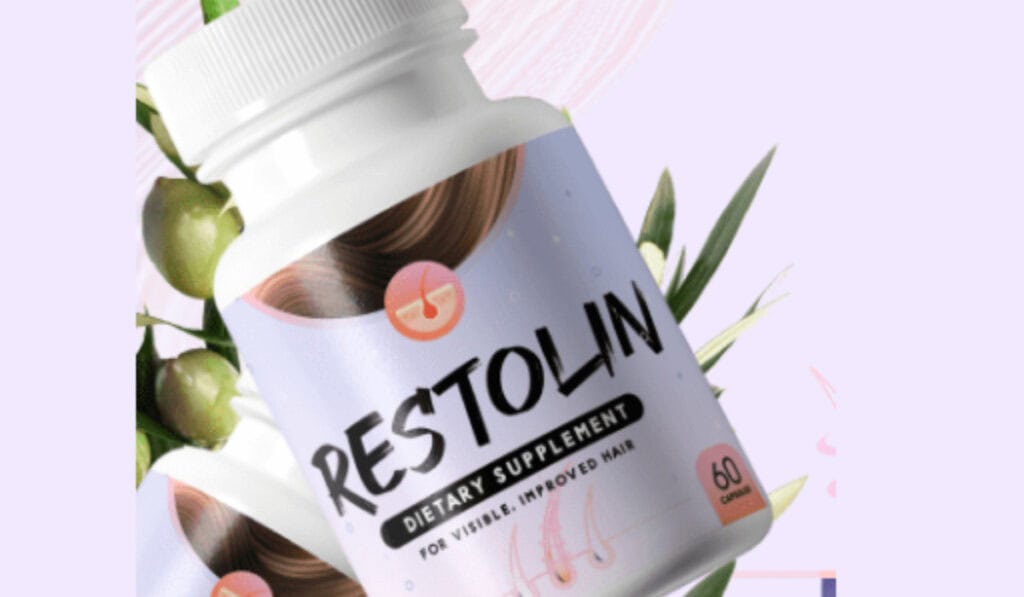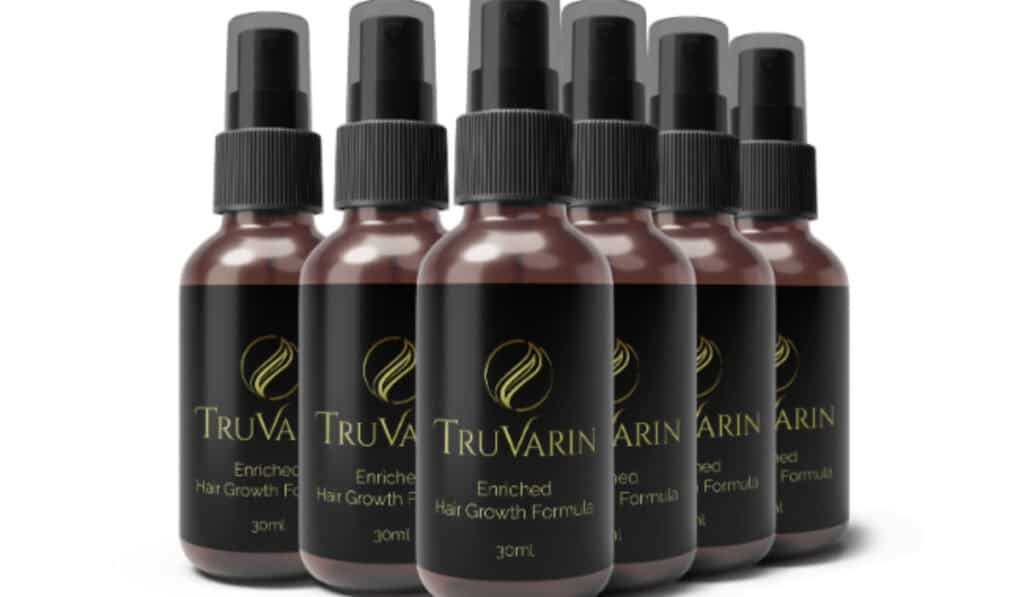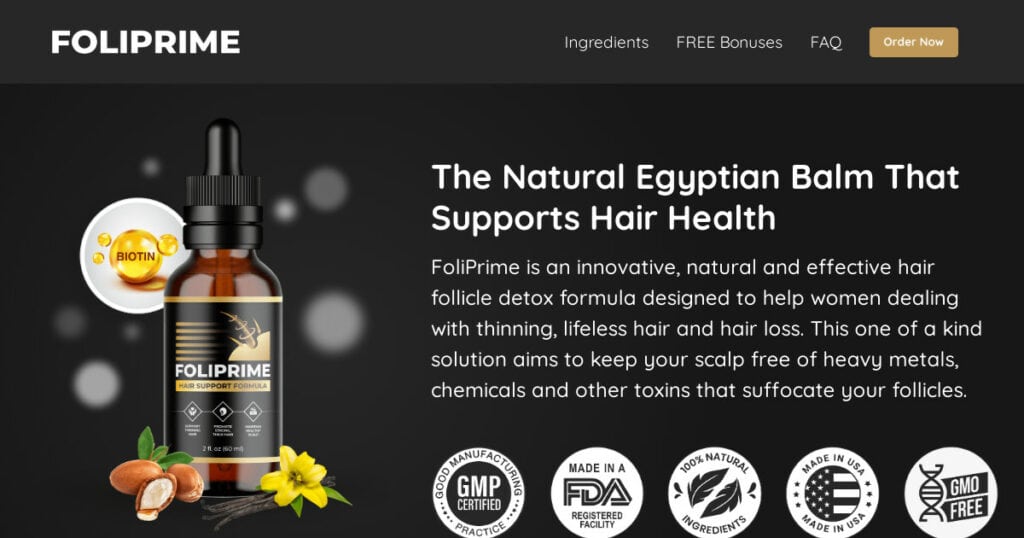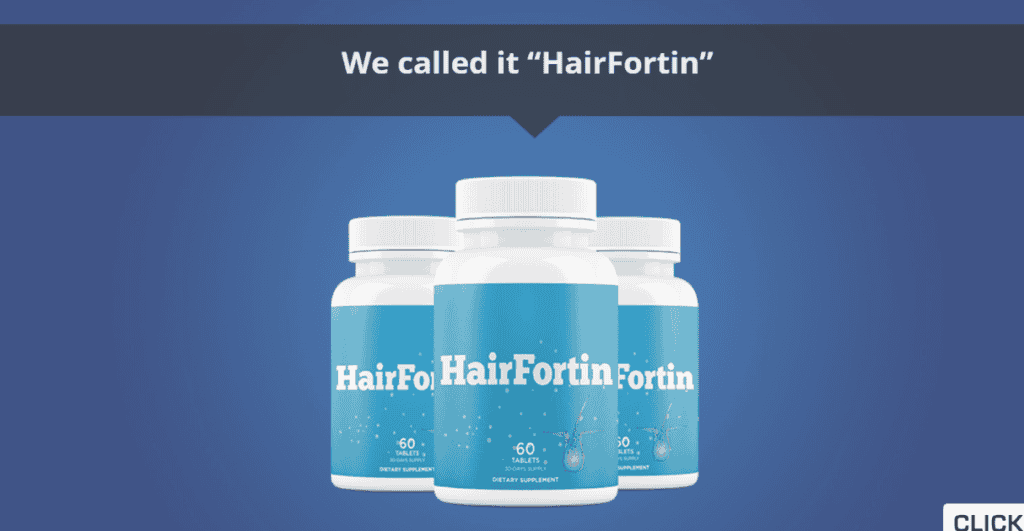Sleep, Exercise, and More – Unlocking the Secrets
To unlock the secret to long-term hair health, it’s essential to focus on more than just products you apply externally. Your lifestyle plays a pivotal role in maintaining your hair’s vitality. Regular exercise, a consistent sleep schedule, and managing stress are foundations for strong, healthy hair. These habits not only improve your overall health but directly impact your hair’s growth and condition.
Research shows that neglecting these lifestyle factors can lead to an increased risk of hair issues. For instance, not getting enough sleep can throw off hormone levels that support hair growth. Similarly, excessive stress can elevate cortisol levels, leading to dryness and weakening your hair’s structure. Therefore, incorporating healthy habits into your daily routine is crucial for not just your well-being but also for nurturing your locks.
Moreover, the Centers for Disease Control and Prevention highlights regular physical activity as a key factor in reducing the risk of premature death, which underscores the importance of exercise not just for health and well-being but also as a component of hair care. By understanding and applying these lifestyle habits, you can ensure your hair remains healthy and vibrant for years to come.
Unveiling the Pillars of Hair Health
The pillars of hair health rest on regular exercise, reducing stress, and nurturing healthy hair growth through proper care and nutrition. These elements are intertwined with your overall health and well-being, demonstrating how a balanced approach to life can lead to luscious locks. Embracing these pillars is the first step towards unlocking the full potential of your hair’s health.
The Science Behind Sleep and Hair Vitality
Sleep is essential for maintaining not just your energy levels but also your hair’s health. Deep sleep aids in regulating hormone levels, including those that support hair growth. It also strengthens the immune system, which directly impacts the scalp environment, promoting healthier hair. By ensuring you get adequate rest, you’re directly contributing to the vitality and longevity of your hair.
Crafting a Nightly Routine for Enhancing Hair Growth
Creating a nightly routine can significantly enhance your hair’s growth. This includes regular exercise during the day to ensure you’re physically tired by bedtime and incorporating stress-reducing activities such as reading or a warm bath before sleep. These practices not only aid in achieving restorative deep sleep but also in maintaining a healthy scalp environment conducive to hair growth.
Moreover, reducing stress through mindfulness or meditation before bedtime can improve your sleep quality. Better sleep patterns help regulate the body’s natural rhythms, supporting healthy hair growth. Integrating these habits into your daily routine can lead to noticeable improvements in both your hair’s health and overall well-being.
Stress Management Techniques for Stronger Strands
Managing stress levels is crucial for maintaining strong, healthy hair. Incorporating stress-reducing activities into your daily routine can mitigate the negative effects stress has on your hair. Techniques such as exercise, meditation, and time management can help keep stress at bay, safeguarding your hair’s health and vitality.
Meditation and Mindfulness as Tools for Hair Preservation
Meditation and mindfulness are powerful tools for reducing stress and, by extension, preserving your hair’s health. By practicing mindfulness daily, you can lower stress levels, which helps in reducing the risk of hair loss associated with stress. Meditation aids in balancing hormone levels that if left unchecked, can negatively impact your hair growth and scalp health.
Integrating these practices into your daily routine doesn’t just benefit your mental and emotional health but also contributes to stronger, healthier hair. By dedicating a few minutes each day to mindfulness or meditation, you can create a positive impact on your hair’s vitality and growth.
The Cornerstone of Hair Health: Exercise and Physical Activity
Regular physical activity is a cornerstone of hair health, enhancing blood circulation and promoting healthy blood flow to the scalp. This increased circulation delivers essential nutrients to your hair follicles, supporting growth and scalp health. Activities like running or yoga, for at least 150 minutes per week, can offer significant health benefits, including improved heart health and body temperature regulation, which in turn benefits your hair.
Types of Exercise That Promote Scalp Circulation and Hair Growth
Exercises that increase heart rate and promote blood circulation can have a profound impact on your scalp health and hair growth. Activities such as jogging, cycling, and high-intensity interval training (HIIT) are particularly effective in boosting blood flow to the scalp. This ensures that your hair follicles receive a steady supply of the nutrients they need to thrive.
In addition to cardiovascular exercises, practicing scalp massage and yoga can also improve circulation, further promoting healthy hair growth. Incorporating a variety of these exercises into your weekly routine can help you achieve not only a fit body but also radiant locks.
Nourishing Your Hair from the Inside Out
To truly nourish your hair, it’s essential to focus on what you put inside your body as much as what you apply externally. A balanced diet rich in vitamins, minerals, and hydration plays a critical role in maintaining the health of your hair. By ensuring you consume the right nutrients and stay hydrated, you support your hair’s strength, elasticity, and shine from the inside out.
The Importance of Diet and Nutrition in Hair Care
A balanced diet rich in essential nutrients is fundamental for healthy hair growth. Including lean meats, omega-3 fatty acids, and leafy greens in your diet ensures your hair receives the vitamins and minerals it needs to stay strong and healthy. Maintaining a balanced diet supports not just your hair but your overall health and well-being.
Superfoods That Support Hair Health
Incorporating superfoods into your diet can have a significant impact on your hair’s health. Foods rich in protein, such as fish and nuts, along with leafy greens high in vitamins, provide the nutrients necessary for maintaining strong, vibrant hair. A balanced diet rich in these nutrients supports your hair from the roots to the tips.
Specifically, foods like salmon, rich in omega-3 fatty acids, and spinach, packed with iron, contribute to nourishing your hair and scalp. By making these superfoods a regular part of your diet, you can ensure your hair gets the support it needs to thrive.
Hydration: The Unsung Hero of Luscious Locks
Hydration plays a crucial role in maintaining the health of your hair. Drinking enough water each day helps keep your hair hydrated from the inside, leading to improved texture and growth. It’s a simple yet effective way to support your hair’s health and vitality.
How Water Intake Impacts Hair Texture and Growth
Water intake is vital for maintaining the elasticity and strength of your hair, preventing brittleness and breakage. Adequate hydration ensures that your hair and scalp stay moisturized, which is essential for healthy hair growth. By prioritizing water consumption, you’re taking a critical step towards achieving luscious, vibrant locks.
Furthermore, water helps in detoxifying the body, removing impurities that could potentially harm your hair and scalp. This detoxification process supports a healthy scalp environment, fostering the conditions necessary for optimal hair growth. Making sure you drink enough water each day is a simple, yet powerful way to enhance your hair’s health and appearance.
Beyond the Basics: Advanced Hair Care Strategies
Advancing your hair care strategy involves more than just choosing the right shampoo and conditioner; it’s about understanding and mitigating the effects of external factors on your hair’s health. This includes recognizing and avoiding habits that can lead to damage and embracing practices that promote hair strength and vitality.
Avoiding Harmful Habits That Damage Hair
To protect your hair’s structure and prevent leading to dryness, it’s crucial to avoid harmful habits. Excessive alcohol consumption can impair blood circulation to the scalp, while heat from styling tools and harsh chemical treatments can strip your hair of its natural oils, weakening its overall integrity. Being mindful of these behaviors is key to maintaining healthy, resilient hair.
Identifying Everyday Activities That Contribute to Hair Loss
Many of us do things every day that can hurt our hair without even knowing it. For example, tying your hair too tight can pull on the roots and lead to hair loss over time. Also, using high heat from blow dryers or curling irons can make your hair weak and brittle. When your hair is wet, it’s more fragile, so brushing it too hard can also cause your hair to fall out. Even the way you wash and treat your hair can matter. Using harsh shampoos or washing your hair too often can strip away natural oils that protect your hair.
Another activity that many overlook is the stress we put on our scalp through chemical treatments and dyes. These processes can damage the hair follicles themselves, leading to thinning hair. Protecting your hair from these everyday stressors involves being gentle with your hair, avoiding over-styling, and choosing the right products that nourish rather than damage your hair.
Adopting Healthy Hair Care Practices
Adopting healthy hair care practices is crucial for maintaining strong and vibrant hair. Start by choosing shampoos and conditioners that are right for your hair type. Make sure to include essential vitamins in your diet to nourish your hair from the inside. Also, cutting down on heat styling and letting your hair air dry can help protect hair from damage. Remember, gentle handling and minimal chemical treatments will keep your hair in its best condition.
Natural Products vs. Chemical Treatments: What’s Best for Your Hair?
When it comes to taking care of your hair, choosing between natural products and chemical treatments can make a big difference. Natural products, such as oils and herbal extracts, provide gentle nourishment and protect hair from environmental stresses without stripping away natural oils. They can help in maintaining the hair’s moisture balance, leading to healthier, shinier hair. On the other hand, chemical treatments offer quick results but can lead to long-term damage. Harsh chemicals can weaken the hair shaft, leading to dryness, breakage, and hair loss.
Therefore, it’s best to lean towards natural products whenever possible. They support the hair’s natural growth and repair cycles without exposing your scalp and hair to potentially harmful substances. If you do opt for chemical treatments, look for those with nourishing ingredients and try to limit their frequency to protect your hair’s integrity.
Navigating Challenges and Seeking Solutions
On the journey to healthy hair, you’ll likely face various challenges, from dealing with split ends to overcoming dryness. The key to navigating these challenges is understanding the root causes and seeking targeted solutions. For instance, split ends often result from mechanical damage like rough brushing or heat styling. To combat this, regularly trim your ends and use heat protectant products. For dryness, increasing hydration through deep conditioning treatments and reducing the use of heat tools can make a significant difference.
Another common issue is hair thinning, which can result from nutritional deficiencies, stress, or hormonal imbalances. Addressing these underlying causes is essential. Incorporating a balanced diet rich in essential vitamins and minerals, managing stress through relaxation techniques, and consulting with a healthcare professional for hormonal concerns can help in restoring hair health. Remember, each hair challenge has a solution; it’s about finding the right approach for your specific needs.
Frequently Asked Questions (FAQs) on Maintaining Hair Health
Many people have questions about how to keep their hair healthy. Some wonder if they need to wash their hair every day, while others ask about the best diet for hair health. To maintain healthy hair, it’s important to wash it as needed based on your hair type, not necessarily every day. Eating a balanced diet that includes fruits and vegetables can provide your hair with the essential vitamins it needs. Also, remember to stay hydrated; drinking water helps keep your hair strong.
Expert Answers to Your Most Pressing Hair Care Queries
One common question is whether it’s safe to color your hair frequently. Frequent coloring, especially with harsh chemical treatments, can lead to damaged, brittle hair. It’s advisable to space out chemical treatments and consider gentler, ammonia-free options. Another frequent concern is how to deal with hair loss. Hair loss can be caused by various factors including stress, genetic predisposition, and poor diet. Strategies to address hair loss include reducing stress, ensuring a nutrient-rich diet, and avoiding styles that pull on the hair.
Additionally, many ask about the best ways to promote hair growth. Regular scalp massages can enhance blood circulation to the scalp, promoting hair growth. Incorporating a diet rich in protein, vitamins, and minerals can also support hair health and growth. Remember, patience and consistent care are key; hair growth takes time.
The Journey to Healthy Hair Is a Lifestyle
Taking care of your hair is more than just a routine; it’s a lifestyle. This means making choices every day that benefit your hair’s health. Avoiding overuse of heat styling tools like curling irons, which can lead to dryness, is one important step. Embracing natural oils and treatments can also help nourish and strengthen your hair. Remember, healthy hair is a reflection of your overall well-being, so taking care of your body and mind is essential.
Managing Stress Through Lifestyle Habits
Stress can have a big impact on your hair, leading to issues like hair loss. To manage stress, try incorporating regular physical activity into your day. Activities like walking or yoga can significantly lower cortisol levels, reducing excessive stress. Additionally, practices such as deep breathing exercises can calm the mind, further lowering the risk of stress-related hair problems and contributing to overall health and well-being.
Integrating Stress-Relief Techniques into Your Daily Routine
Incorporating stress-relief techniques into your daily routine can do wonders for your hair health. Activities like meditation and yoga not only reduce stress levels but also improve sleep patterns. A restful night’s sleep is crucial for hair vitality, as it allows your body to repair and regenerate. Creating a relaxing bedtime routine, free from electronic devices, can help establish healthy sleep patterns, further promoting hair health.
Another effective method is to practice relaxation techniques throughout the day. Taking short breaks to perform deep breathing exercises or engage in a quick mindfulness session can help keep stress levels in check. By prioritizing stress management, you’re not only protecting your hair but also enhancing your overall quality of life.
Improving Sleep: The Foundation of Hair Health
Getting enough sleep is essential for healthy hair. During deep sleep, your body repairs itself, and hormone levels that affect hair growth and health are regulated. Make sure your sleeping patterns are consistent to help maintain a healthy scalp environment. Reducing stress before bedtime and limiting exposure to screens before bed can also contribute to better sleep quality.
Strategies for Achieving Restorative Sleep Each Night
To ensure restorative sleep each night, establish a calming sleep routine. This could include reading a book, taking a warm bath, or practicing relaxation techniques to unwind before bed. Creating a comfortable sleep environment, free from electronic devices, can also significantly improve the quality of your sleep. Additionally, try to go to bed and wake up at the same time every day to regulate your sleep patterns, supporting your body’s natural sleep-wake cycle.
Limiting caffeine intake later in the day and engaging in regular physical activity can also promote better sleep. Exercise not only helps reduce stress levels but can improve sleep quality and duration. However, avoid vigorous exercise close to bedtime, as it may energize you, making it harder to fall asleep. By prioritizing good sleep hygiene, you’re taking a crucial step towards maintaining healthy hair and overall well-being.
Embracing the Path to Radiant Locks
Achieving radiant, healthy hair involves more than just external treatments; it’s about adopting a holistic approach that includes lifestyle habits and nutrition. Managing stress levels and ensuring a balanced diet rich in protein and essential nutrients are fundamental. These elements work together to support your hair’s natural growth and repair processes. Additionally, staying hydrated and minimizing the use of harsh styling tools can protect your hair from unnecessary damage.
Regular trims and using products suited to your hair type can also prevent common problems like split ends and breakage. Remember, the path to radiant locks is a journey that requires consistency and patience. By making informed choices and nurturing your hair with care, you can enjoy the benefits of strong, vibrant hair for years to come.
Conclusion: The Art of Cultivating Long-Term Hair Health
Cultivating long-term hair health is an art that involves balancing nutrition, stress management, and proper hair care. Incorporating vitamins and minerals into your diet, especially vitamin C from green vegetables, is vital for maintaining healthy growth cycles. Avoiding unhealthy fats and added sugars, while also consulting a healthcare professional for personalized advice, can further enhance hair health. Remember, managing stress, staying physically active, and making mindful dietary choices are key components of healthy aging and can significantly reduce the risk of dying from hair-related issues.
A Recap of Essential Lifestyle Habits for Vibrant, Healthy Hair
To keep your hair vibrant and healthy, remember to integrate essential lifestyle habits into your daily routine. This includes managing stress, ensuring you get enough sleep each night, and adopting a balanced diet rich in essential nutrients. Minimizing the use of harsh chemical treatments and heat styling tools can also protect your hair from damage. Additionally, staying hydrated and incorporating regular physical activity can support not only your hair health but also your overall well-being.
Finally, being mindful of how you treat your hair on a daily basis, from the products you choose to how you style it, plays a significant role in maintaining its health. By following these guidelines, you can enjoy the benefits of strong, healthy hair that reflects your commitment to a healthy lifestyle.





